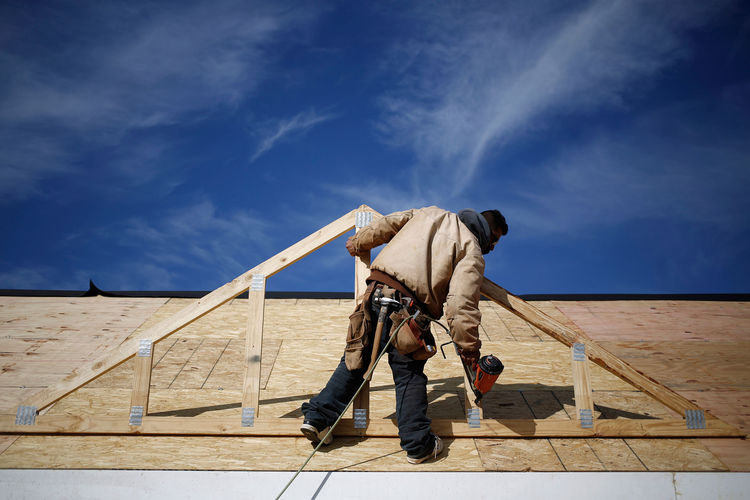Government
FG Pays 70 Construction Companies N63.12bn -Fashola

The Minister of Power, Works and Housing, Mr. Babatunde Fashola, on Friday said the Federal Government had paid 70 construction companies the sum of N63.12bn for works done in the first quarter of 2016.
He said the payment had prompted the various firms to move back to their various construction sites, adding that over 5,000 workers sacked by the firms had also been recalled.
Fashola, in his speech at the Nigeria Infrastructure Advisory Forum in London, a copy of which was obtained by our correspondent, told his audience that past governments did not do much with respect to revamping the country’s infrastructure.
He, however, stated that the current administration had decided to change the trend, as it had increased the 2016 budget in order to effectively tackle the inadequate infrastructure in the country.
He said, “From the N4tn average budget in a time of plenty, this administration sets an ambitious N6tn with a 30 per cent capital expenditure. It pays serious attention to its budget as the article of faith that defines its commitment. Since the budget was passed in May, 70 construction companies got paid N63.169bn for the first quarter in Works ministry alone.
“The response is that in the last few weeks since budget was passed, construction companies that had demobilised from their sites and laid off workers due to lack of payment since 2014, are remobilising to rail, road, power and other construction sites, and are re-calling workers.
“The Kaduna-Abuja rail project, which was commissioned but never ran in the past government, was opened to public service on July 26 by this new administration. These are the first signs of productivity, they signal a clear pathway out of recession, and although results take time to manifest, Nigeria has chosen an appropriate pathway out of economic difficulty.
He added, “We will recover from this recession period and also deliver new infrastructure and upgrade aging ones.”
According to Fashola, the country does not lack infrastructure but that what it has is insufficient and aged.
He told his audience that Nigeria was currently facing challenging economic times, as the commodities boom had gone.
“We have suffered consecutive negative growth and are economically experiencing a recession,” he said.
“If infrastructure drives growth as we have experienced from the Great Depression to the Marshall plan, and lately fiscal stimulus in recent years, our current economic recession is the result of yesterday’s policies and choices especially during 2010 to 2015,” he added.